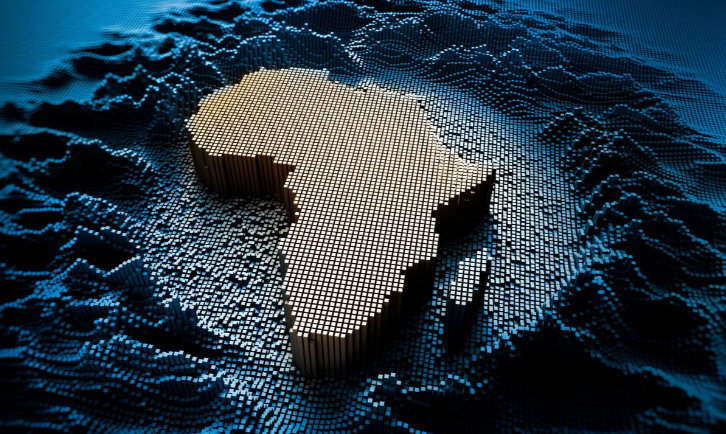At the time of its invention, it was unfathomable that the web would transform the world to today’s scale. Web3 solutions have emerged as the most promising way to decentralize the web, power the next generation of applications, and build a more equitable digital world.
Africa’s engagement with Web3 is a fascinating case study. The continent’s relatively late entry into the digital age has created a unique opportunity to leapfrog traditional web models and embrace the decentralized principles of Web3.
The 3% penetration rate, while seemingly small, represents a significant foundation for future growth. As internet access and digital literacy improve, we can expect this figure to rise substantially.
Web3 solutions are based on blockchain technology, smart contracts, and disruptive new protocols such as IPFS, WebSocket, and Whisper.
Because Africa missed out on Web 1.0 and 2.0, mainly being on the receiving end of the technological advancements in the two waves, the continent is paying close attention to web3. With almost 3% of its population involved, Web3 is setting up the pre-condition for take-off in the continent.
Web3, the internet owned by builders and users, orchestrated by tokens, and whose proponents believe that open, distributed, and permissionless ledgers will reshape the global economy.
Crypto as a crucial subset and building block of Web3 has already taken root across Africa over a decade ago, making it one of the fastest-growing crypto markets globally. Kenya, Nigeria, Togo, South Africa, Ghana, and Tanzania – gained spots on the 2021 Global Crypto Adoption Index Top 20 list.
While cryptocurrencies have played a pivotal role in introducing many Africans to Web3, it’s essential to recognize that Web3 encompasses much more. Blockchain technology, smart contracts, and decentralized applications (dApps) offer a vast array of possibilities for innovation and economic development. What is most exciting is the buzzword shift being experienced in Africa- from crypto to Web3.
Blockchain has just begun scratching the surface of what it can do for the African continent. The IFC estimates that 230 million jobs in Sub-Saharan Africa will require digital skills by 2030. That’s a $130 billion opportunity to train the future workforce in digital skills.
In bridging the traditional defacto financial, trade, and infrastructure systems with new-age blockchain-driven advances in finance, trade and infrastructure, and data processing, we foresee an economic, social, and environmental revolution.
The latest buzz around Web3 is more than just a passing trend—it is evidence of a significant shift in how we think about blockchain technology, demonstrating that cryptocurrency is no longer just about sending money or speculative trading. Instead, Web3 showcases the potential to build entire systems across various sectors, fundamentally reshaping industries beyond the financial space.
While blockchain networks and protocols are the foundational technologies behind both cryptocurrency and Web3, there’s a reason we often use “Web3” in contexts that go far beyond the narrow scope of digital currencies.
Talking about crypto tends to evoke images of decentralized digital coins, with the focus mainly on monetary exchanges. Bitcoin, as the pioneer, still dominates this perception, followed closely by the world of decentralized finance (DeFi), where Ethereum plays a leading role. This financial framing, while important, only scratches the surface of what blockchain is capable of.
In contrast, when we talk about Web3, we are opening the door to a far broader set of possibilities. For example, imagine an organization—whether it’s a major brand, a grassroots movement, or an indie art community—utilizing Ethereum to distribute digital collectibles, artwork, or even membership passes.
These projects are inherently social, cultural, or commercial and are not primarily tied to currency or financial systems. By referring to Web3, we highlight the transformative role of blockchain in non-financial applications, showcasing how decentralized systems are being used for a variety of purposes—from creating art marketplaces to fostering online communities.
Web3 is, therefore, a wider categorization than “crypto,” representing the full spectrum of what blockchain can enable outside its original financial aspirations. It’s about the broader decentralized internet, where ownership, privacy, and control are democratized across multiple sectors. NFTs, smart contracts, and decentralized apps (dApps) are not just financial tools; they are reshaping industries from gaming and entertainment to governance and education. The present buzz signifies a strong and necessary shift in the African space.

